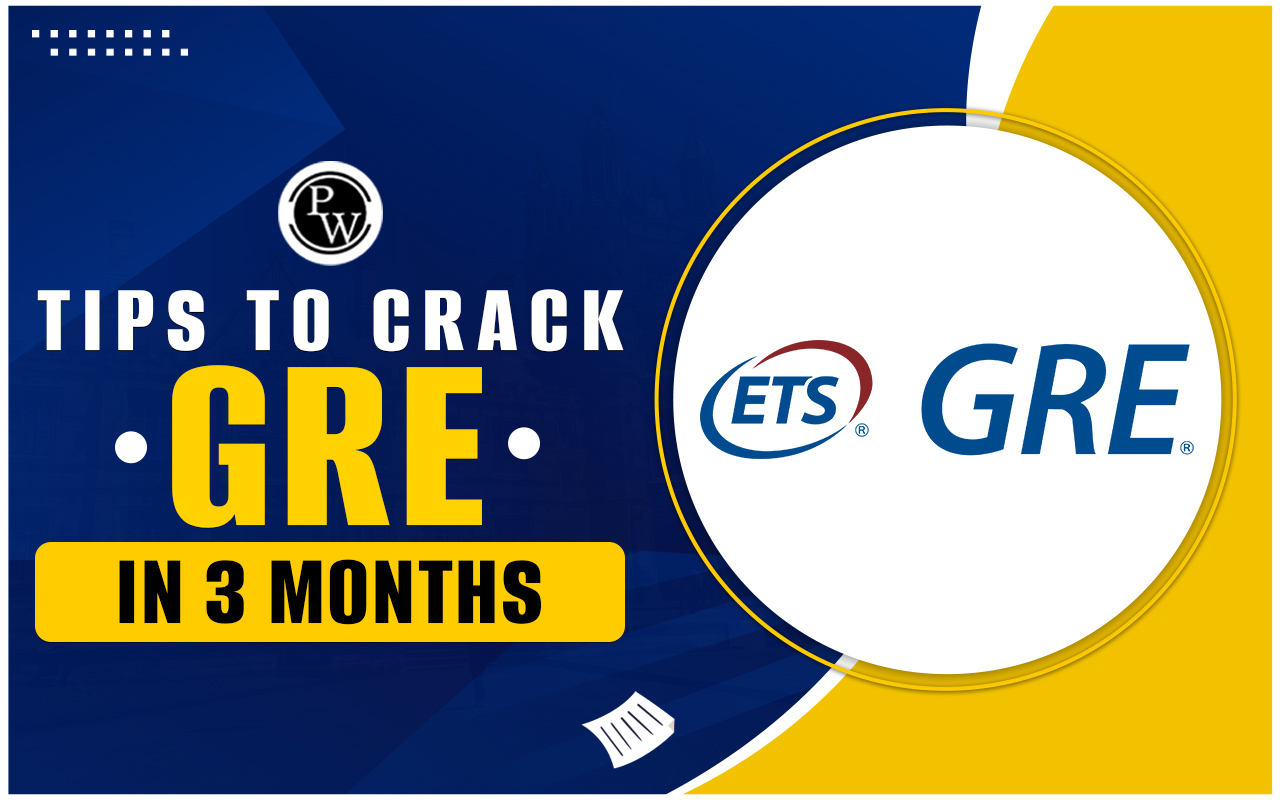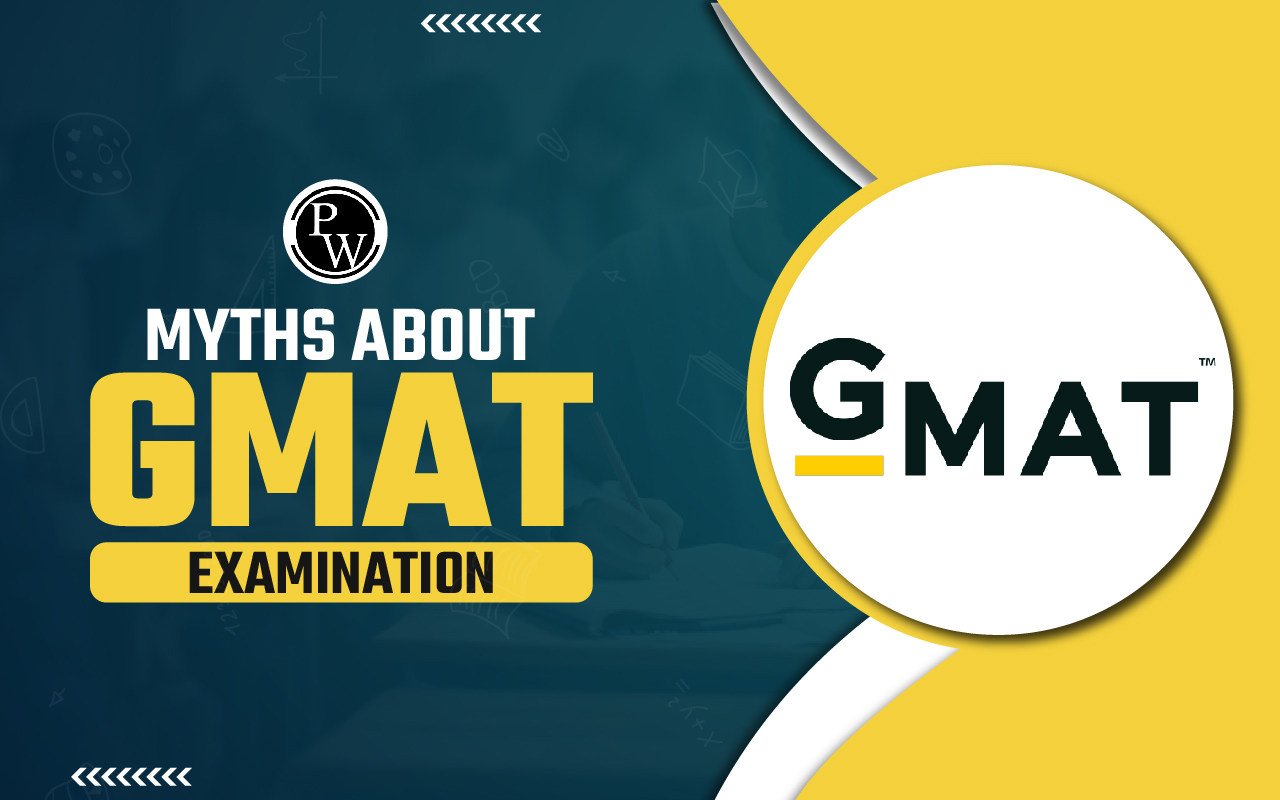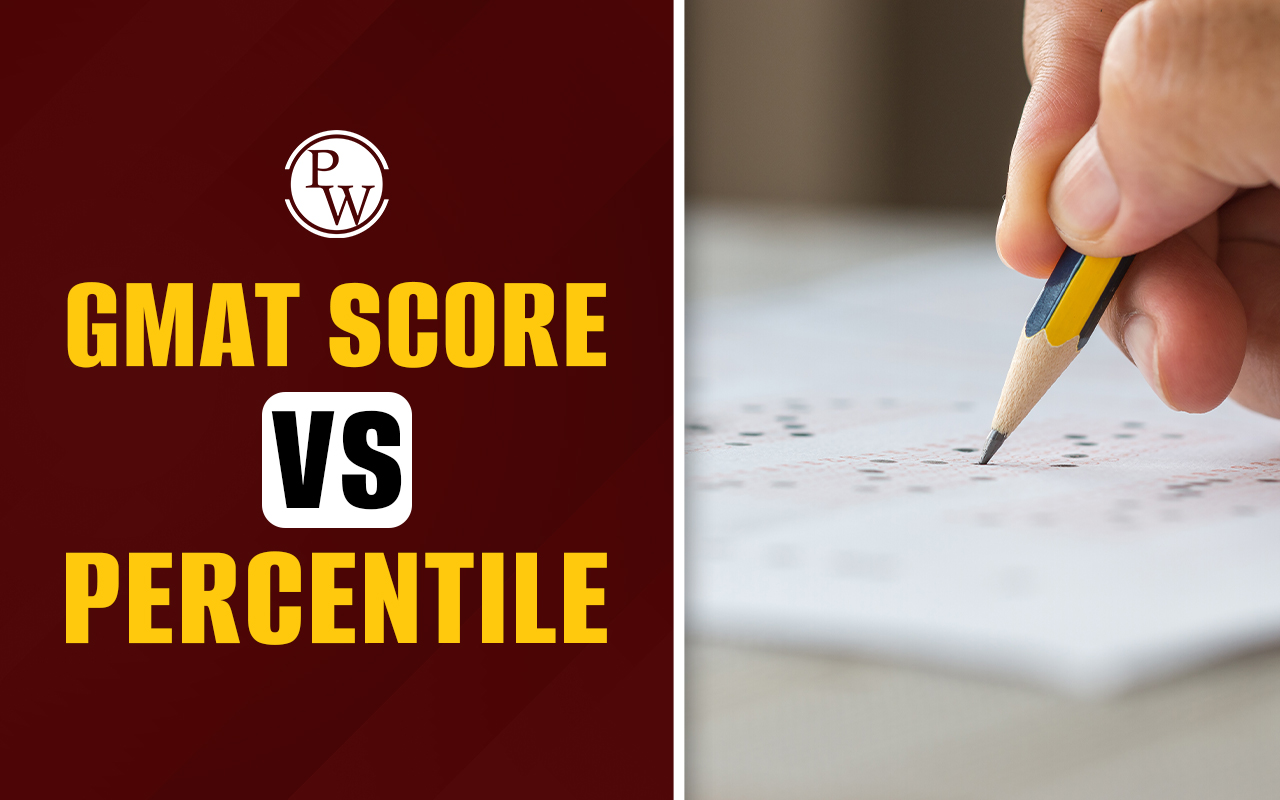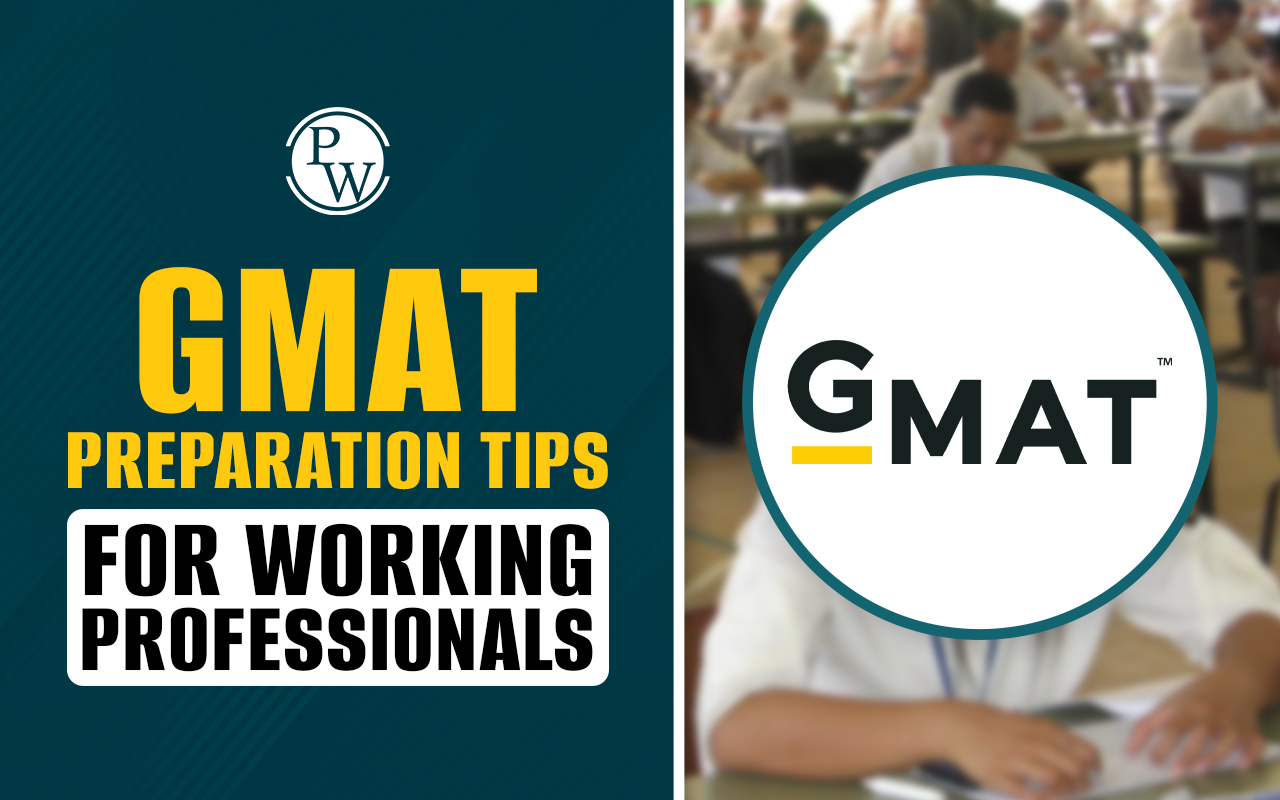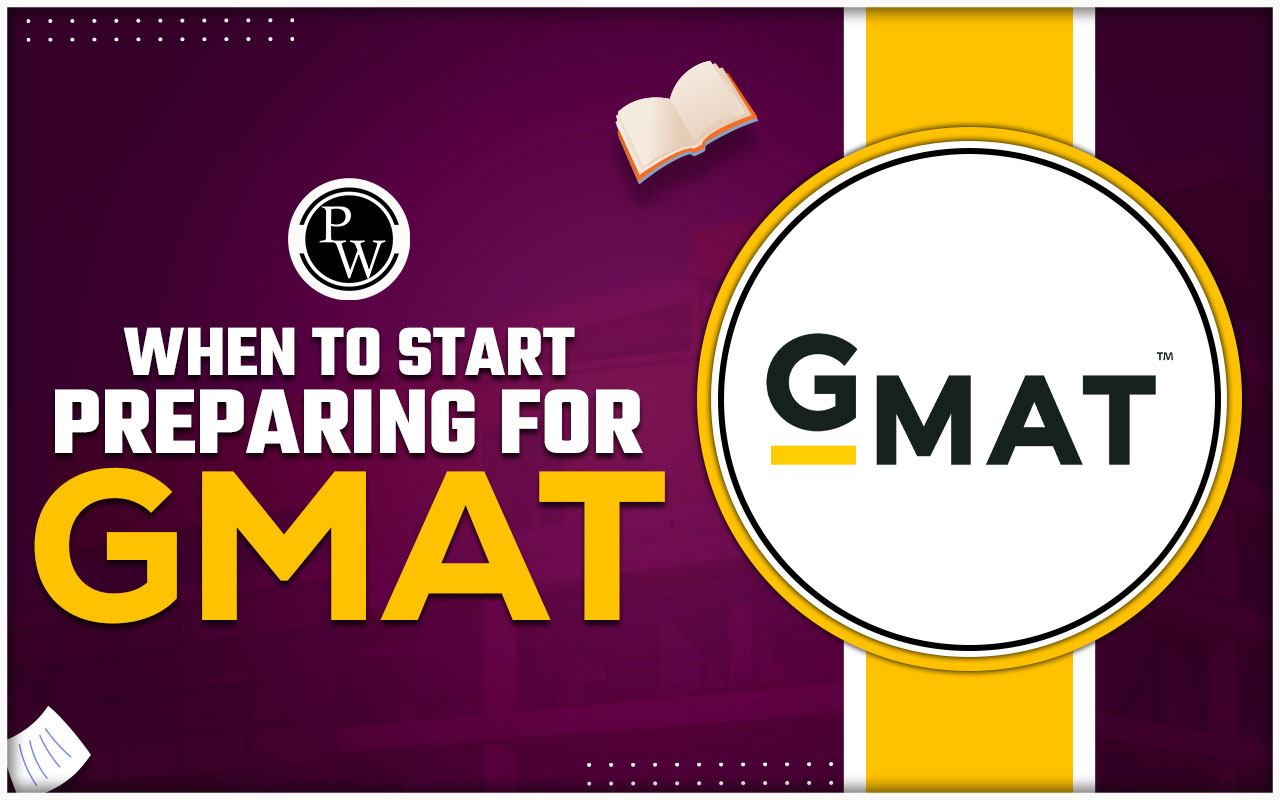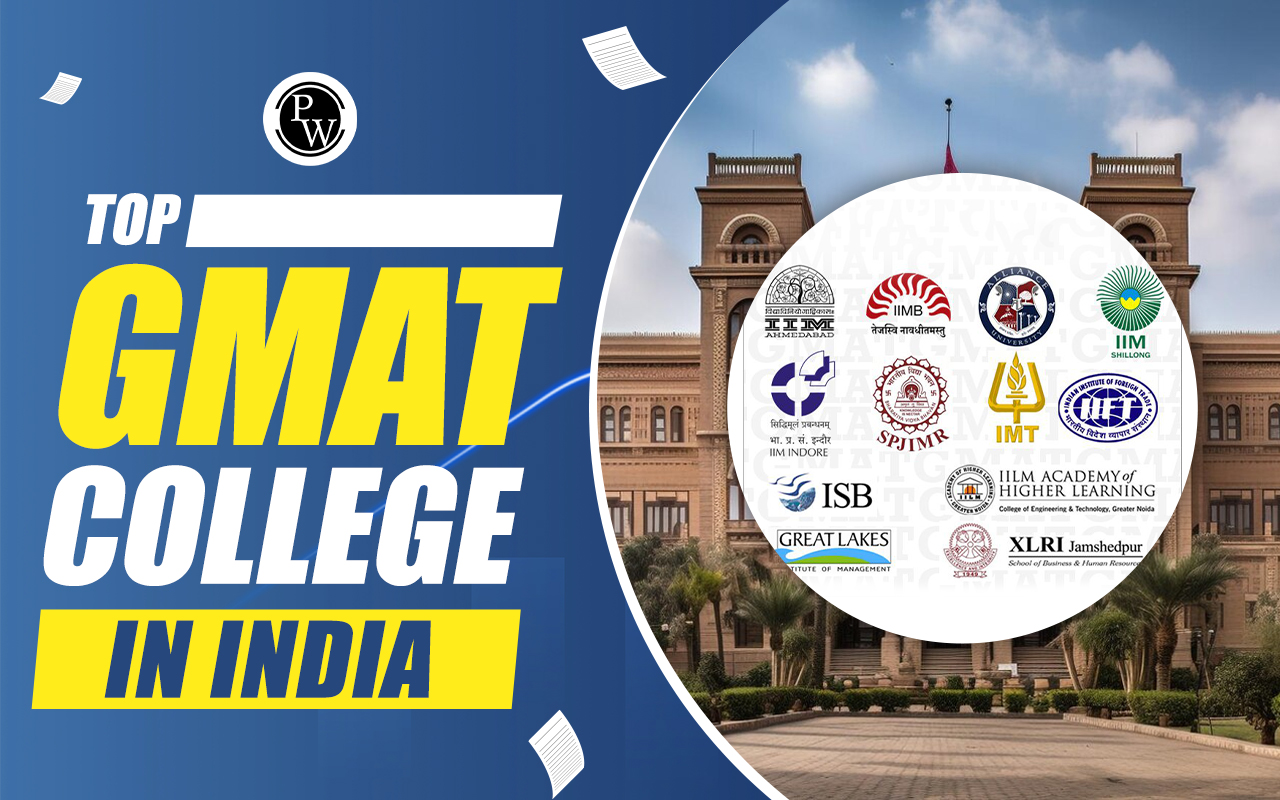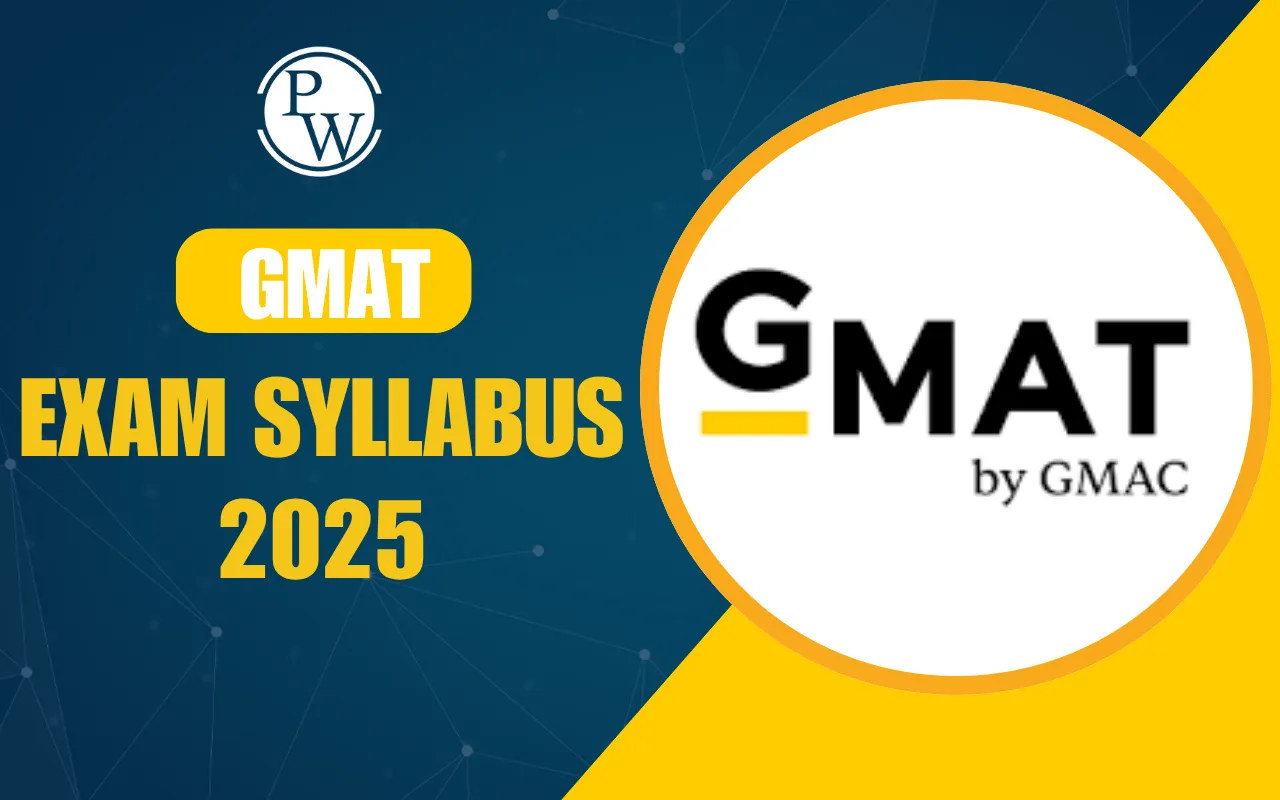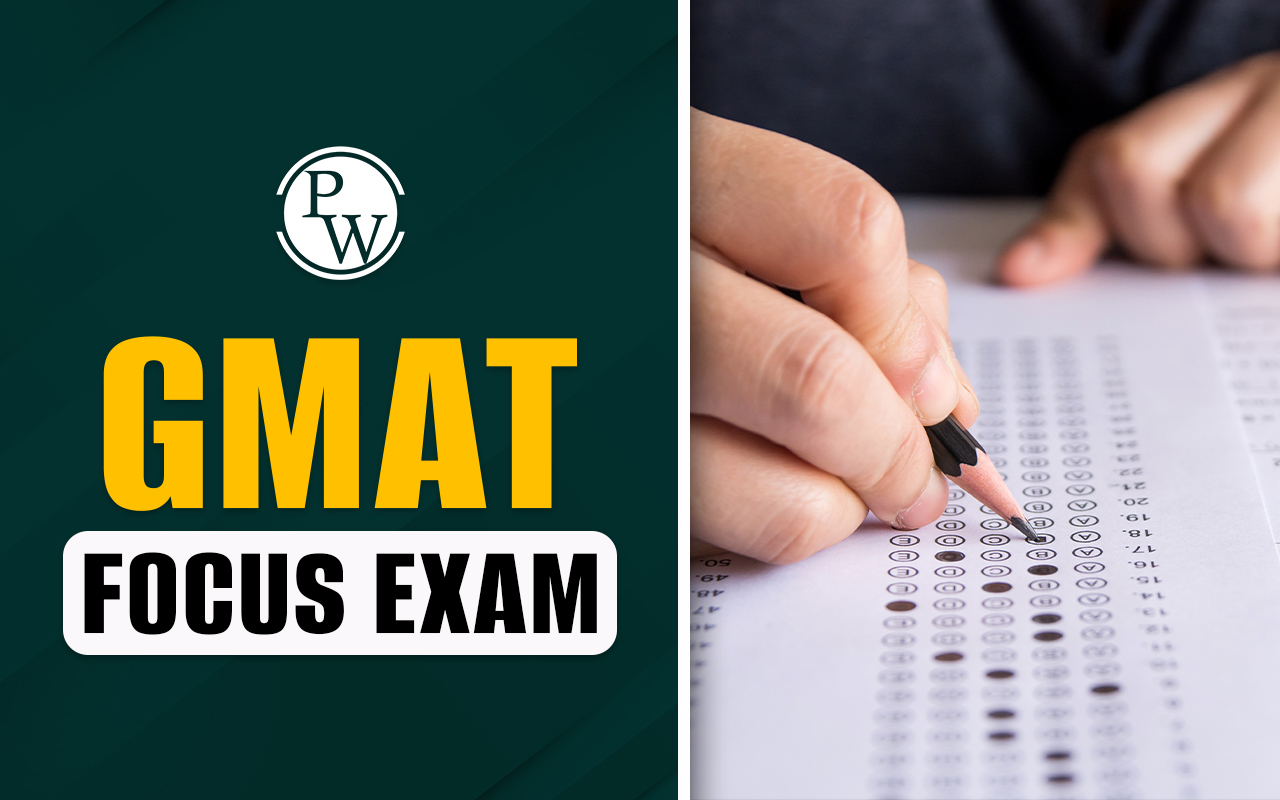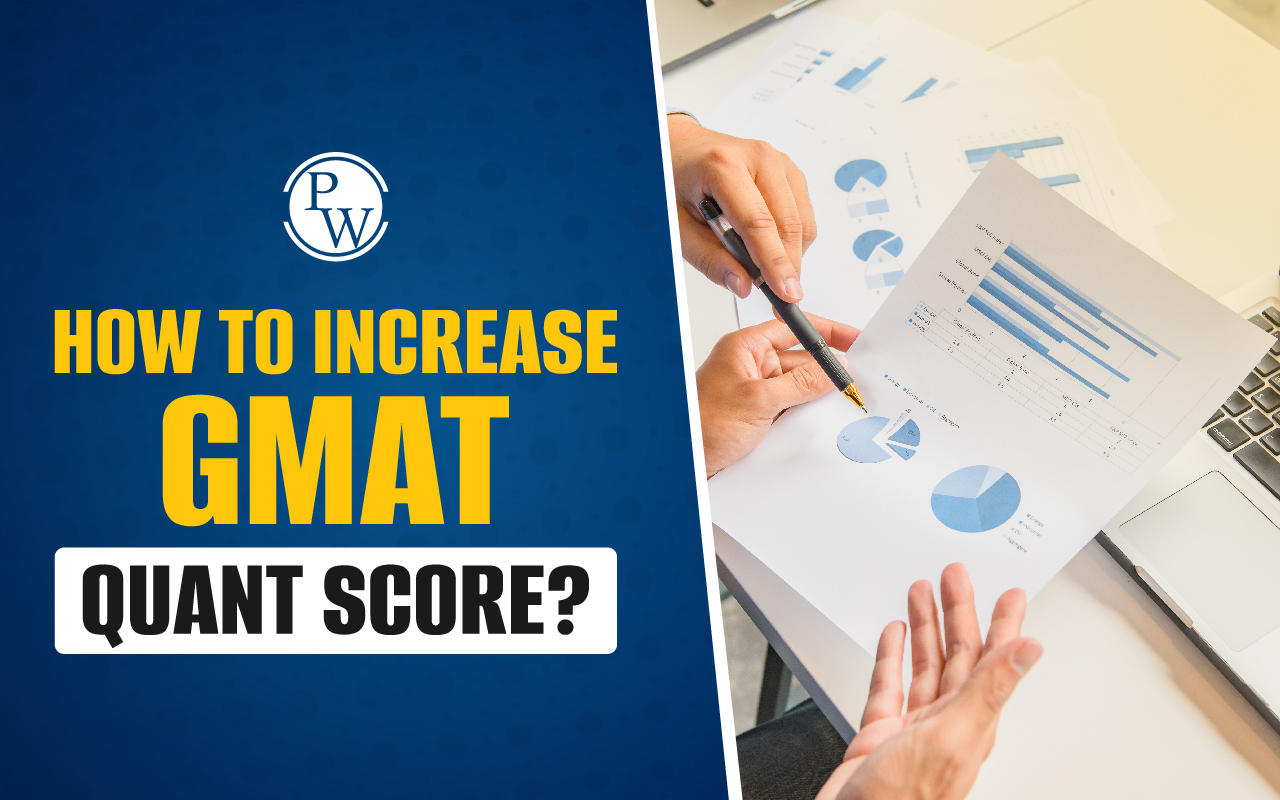
How to Increase Your GMAT Quant Score: Quant is one of the most challenging and crucial sections of GMAT. Although some colleges set the overall GMAT cutoff to shortlist candidates, most top B-schools consider candidates’ sectional scores to select the most deserving. Therefore, candidates need to improve their sectional scores to improve their prospects of entering the top MBA institutes.
Scoring well in the quant section is particularly crucial for candidates who want to choose specialisations like consulting, finance, and marketing. These business management domains necessitate a strong proficiency in big data and analytics. The best approach to increase scores in the GMAT Quant section is to seek guidance from MBA experts by joining GMAT Online Coaching . The best GMAT Classes offer regular classes to strengthen candidates' conceptual knowledge and improve problem solving skills. Besides preparing under the guidance of expert faculties, candidates should adhere to the preparation strategies provided in this article to increase their GMAT Quant score.What is GMAT Quant score?
The GMAT Quantitative Reasoning section evaluates a test-taker's capacity to use fundamental concepts from mathematics to solve problems. The whole GMAT score (200–800) is determined by adding the results from the Verbal Reasoning and Quantitative Reasoning sections. The score ranges from 6 to 51. Schools often want scores of 40 or above, while competitive programs sometimes aim for scores of 45 or higher. The average score is around 40.2. Let us understand Tips to increase GMAT Quant score given below:
Understand GMAT Quant Section
Know how to increase GMAT quant score for a better result in 2025. The GMAT Quant section covers most topics candidates learn in high school. However, the questions are framed in a more tricky way. Besides having strong conceptual knowledge, candidates need good analytical reasoning skills to answer the questions accurately. Unlike high school maths tests that only focus on evaluating students’ conceptual understanding, GMAT quant evaluates how effectively candidates can apply these concepts under strict time constraints. To succeed in the GMAT quant, candidates should focus on grasping the logic behind the problem and find the most efficient way to solve it.
Grasp Basic Concepts
To achieve a perfect GMAT score, candidates must focus on understanding fundamental concepts. Having a strong base helps candidates analyse a question properly and accurately solve it.
Avoid Using Complicated Solutions
Many candidates use complex solutions to GMAT quant questions as they think it provides them with accurate answers. This process may be valid for some GMAT questions. However, most quant questions in the GMAT have simple solutions. Additionally, these questions include one or two crucial elements that are required for finding the solution. Candidates should learn to recognise these key elements to solve the question conveniently. The best way to improve effective problem-solving is to refer to the GMAT question bank and solve them regularly during the preparation phase. Candidates should also solve GMAT sample papers within a specific time limit to improve their problem-solving skills using simple and uncomplicated methods.
Convert Word Problems into Algebraic Equations
The GMAT often challenges students with complicated word problems, using confusing terminology, phrases, and numeric values. The best way to tackle these problems with accuracy is to convert the word problem into numbers and equations. This process is known as algebraic translation. It is crucial for solving complex word problems accurately. Candidates must practise converting words into numbers and equations. Further, they should analyse the relationship between the resulting equations. Then, determine how the answer fits within the context of the word problem. Mastering this skill helps candidates improve their performance on word problems and enhance GMAT Quant scores.
Work on Weak Areas
The GMAT syllabus for the quant section includes various topics. Candidates often find certain topics challenging to master. In this case, candidates should seek export guidance to strengthen their conceptual knowledge. Enhancing skills in a specific type of question allows candidates to solve those questions faster during the test, giving more time for other questions. Therefore, by focusing on strengthening the weaker areas, candidates can significantly improve their knowledge and problem-solving skills.
Create Concept Flashcards
For efficient revision and knowledge retention, candidates should prioritise making GMAT flashcards. Candidates can carry these flashcards anywhere to revise the concepts during leisure. These are specifically helpful for working professionals as they can use them during the lunch break. Candidates can create either paper flashcards or digital flashcards, depending on their preference and learning requirements. Both the formats ensure effective preparation and help candidates increase their GMAT Quant scores.
Why is a Strong GMAT Quant Score Important?
Most competitive and esteemed B-schools prefer candidates with higher GMAT quant scores. Additionally, candidates with a thorough grasp of numerical skills, analytics, and logical reasoning are crucial for excelling in managerial roles. Top MBA programs seek candidates with 86 percentile in the quant section. Achieving this score shows candidates’ capability to understand MBA-level maths, thereby enhancing their admission prospects. Join PW MBA Online Coaching to effectively strengthen GMAT Quant preparation under the guidance of experts. Get regular live classes with separate doubt clarification sessions, timely evaluations, and in-depth performance analysis for targeted improvement.
GMAT Quant Score FAQs
How do I improve my quant score in GMAT?
Is 43 a good GMAT quant score?
Is Quant 49 good in GMAT?
How tough is GMAT quant?
Why is my GMAT quant not improving?

